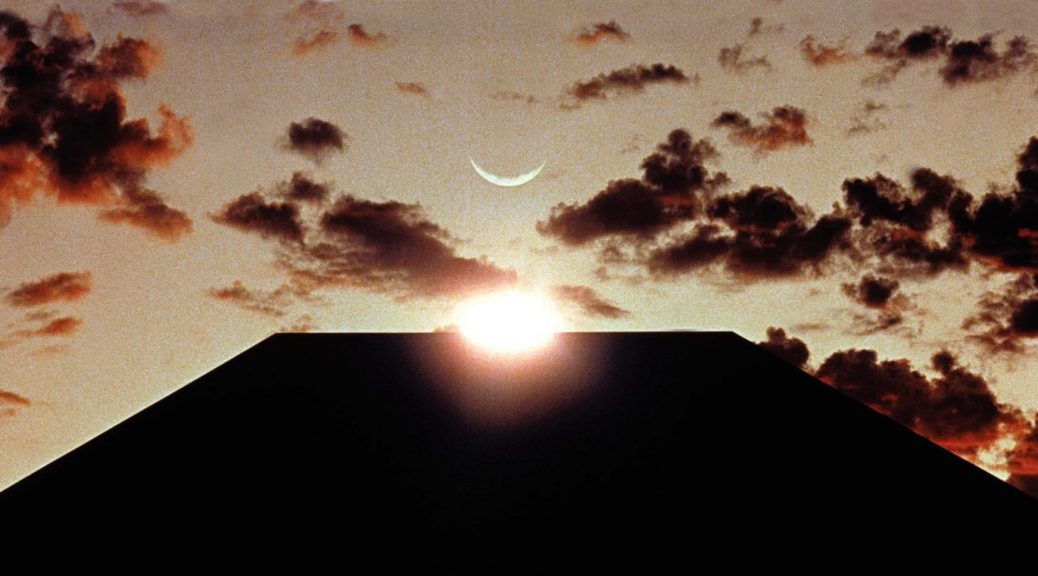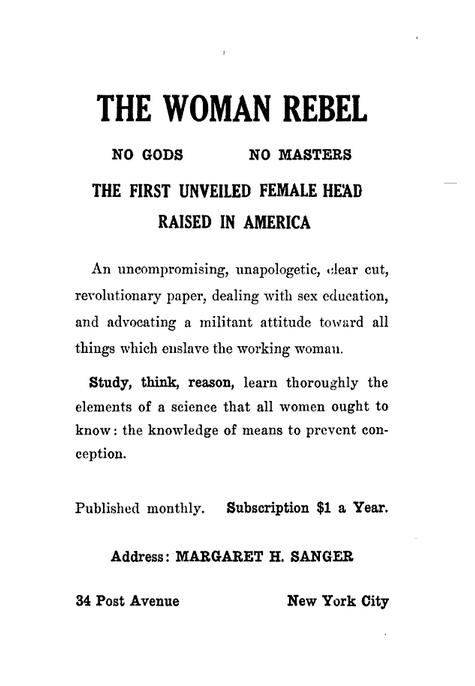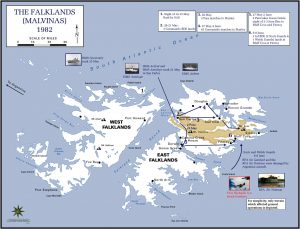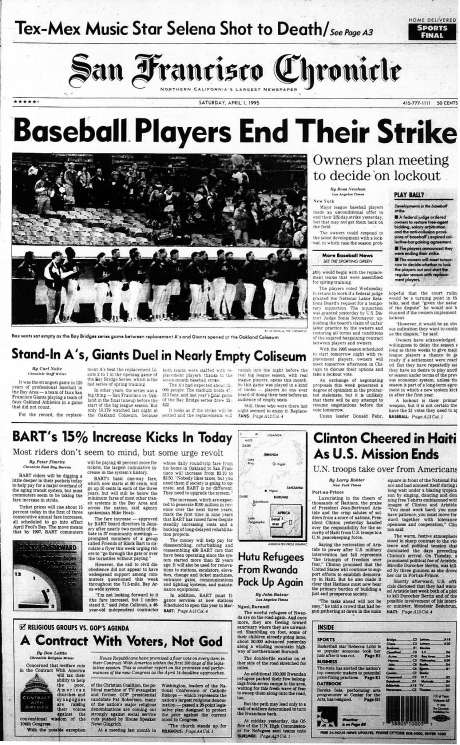April 2 Peace Love Art Activism
Women’s Health
Woman Rebel
April 2, 1914: the Post Office declared “unmailable” the first issue of birth control pioneer Margaret Sanger’s new monthly newsletter, Woman Rebel.
In August, she will be indicted on three counts of violating the Comstock Act and one count of inciting “murder and assassination.” Sanger promoted contraception using the slogan, “No Gods, No Masters’”
The Comstock Act (see March 3, 1873, for its passage) defined birth control information as obscene and prohibited from being sent through the mails.
At her trial, Sanger rejected the advice of her attorney to negotiate a plea bargain and instead secretly fled to Canada and then England. Sanger remained in England until October 1915. (see Aug 25)
April 2 Peace Love Art Activism
Feminism
Voting Rights
April 2, 1917: Federal woman suffrage amendment reintroduced in House of Representatives. (see June 20)
Adkins v Children’s Hospital
April 2, 1923: in Adkins v. Children’s Hospital, the Supreme Court ruled that a minimum wage law enacting in 1918 in Washington, DC, for women violated the Due Process Clause of the Fifth Amendment because it abridged a citizen’s right to freely contract labor. In 1918, the District of Columbia passed a law setting a minimum wage for women and children laborers.
It set up a board to investigate current wages, solicit input on ideal wage levels, and ultimately set minimum wages. The law was designed to protect women and children “from conditions detrimental to their health and morals, resulting from wages which are inadequate to maintain decent standards of living.” The board eventually set minimum wages for various industries, e.g., a minimum $16.50 per week “in a place where food is served” and $15 per week “in a laundry.” (Oyez article) (Feminism, see Nov 17; US Labor, see March 8, 1924)
April 2 Peace Love Art Activism
BLACK HISTORY
Reuben Micou lynched
April 2, 1933: a mob of white men broke into the Winston County jail in Louisville, Mississippi to lynch a 65-year-old black man named Reuben Micou. Micou had been arrested after he was accused of getting into an altercation with a prominent local white man.
Micou’s body was found in a nearby churchyard, riddled with bullets and bearing injuries suggesting that Mr. Micou had been whipped. Seventeen white men were indicted and arrested for participating in the lynching, but in July 1933 the cases against the seventeen men were “indefinitely postponed.” No one was ever tried or convicted for Micou’s murder. (next BH, see June 3; next Lynching, see Oct 18; see AL3 for expanded chronology of early 20th century lynching)
African National Congress Youth League
April 2, 1944: Nelson Mandela and other activists formed the African National Congress Youth League after becoming disenchanted with the cautious approach of the older members of the A.N.C. The league’s formation marked the shift of the congress to a mass movement. But its manifesto, so charged with pan-African nationalism, offended some non-black sympathizers.
National Party
In 1948: the National Party took power in South Africa and set out to construct apartheid, a system of strict racial segregation and white domination.
Mandela/Tambo
In 1952: Mandela and Oliver Tambo opened South Africa’s first black law practice. (see December 5, 1956)
Greensboro Four
April 2, 1960: both the F.W. Woolworth and Kress stores officially closed their lunch counters. (see Greensboro for expanded story)
Virgina NAACP
April 2, 1963: on September 29, 1956, the state of Virginia passed five laws directed at the NAACP and other civil rights laws organizations. The laws regulated the practices of “barratry,” “champerty,” and “maintenance.” Barratry is the term for “stirring up” litigation by inducing individuals or organizations to sue when they otherwise would not have. In NAACP v. Button, decided this day, the Supreme Court declared the barratry law an unconstitutional violation of the First Amendment. (see Apr 3)
George Whitmore, Jr.
April 2, 1965: the N.A.A.C.P. revealed that Detective Edward Bulger, in addition to his involvement in obtaining the dubious David Coleman confession (see Feb 11, 1965), also had been accused in another case of obtaining a confession by fraud from a man named Charles Everett. If Everett would admit the crime, Detective Bulger allegedly promised to intercede with the victim to work out a light sentence. The victim in fact was dead. Everett was convicted of murder, but his conviction was later reversed. (see Whitmore for expanded story; BH, see April 3)
Viola Liuzzo
April 2, 1983: final arguments in the $2 million negligence suit against the FBI were made in Federal court by lawyers for the children of Viola Liuzzo, whose murder by Klansmen 18 years ago they attributed to a paid F.B.I. informer, Gary Rowe. (BH, see Apr 19; see March for expanded story; see Liuzzo for expanded story)
Matthew Shepard and James Byrd, Jr. Hate Crimes Prevention Act
2004
April 2, 2004: The Matthew Shepard and James Byrd, Jr. Hate Crimes Prevention Act is reintroduced. It failed to advance in committee. (see May 26, 2005)
2009
April 2, 2009: Rep. John Conyers for a fifth time introduced the Matthew Shepard and James Byrd, Jr. Hate Crimes Prevention Act which has the support of President Obama. (CNN article) (Shepard, see Oct 28, 2009; LGBTQ see Apr 3)
Robert C. Bates
April 2, 2005: Robert C. Bates, 73, a part-time reserve deputy with the Tulsa County Sheriff’s Department intended to subdue a suspect, Eric C. Harris, 44, with a Taser, which fires electric darts to incapacitate a suspect, but instead shot and killed him with his handgun. Before he was killed, Mr. Harris was fleeing on foot from deputies who had tried to arrest him, as part of an undercover operation buying illegal guns. Mr. Bates was one of several officers who took part in the chase. (B & S, see Apr 4; Harris, see Apr 13)
Church Burning
April 2, 2019: the Greater Union Baptist Church in Opelousas, Louisiana burned. This was the second fire (see March 26, 2019) at a religious building in St. Landry Parish. (CB, see Apr 4)
LGBTQ
April 2, 2019: Chicago became the largest American city ever to elect a black woman as its mayor as voters chose Lori Lightfoot, a former prosecutor, to replace Rahm Emanuel. When she took office in May, Ms. Lightfoot also was the city’s first openly gay mayor.
Lightfoot, who had never held elective office, easily won the race, overwhelming a better-known, longtime politician and turning her outsider status into an asset in a city with a history of corruption and insider dealings. [NYT article] (next BH, see Apr 4; next LGBTQ, see Apr 4)
April 2 Peace Love Art Activism
April 2 Music et al
see Beatnik for much more
April 2, 1958: Herb Caen coined the term “beatnik” in the San Francisco chronicle. It became a term used to refer to people who were far off from mainstream society and therefore possibly pro-Communist. (see February 4, 1968)
Ken Kesey
April 2, 1965: Ken Kesey busted first time for marijuana. (see Apr 21)
2001: A Space Odyssey
April 2, 1968: t “2001: A Space Odyssey” had its world premiere in Washington, D.C. (NYT review) (see Apr 28)
April 2 Peace Love Art Activism
Vietnam
My Lai Massacre
April 2, 1969: a soldier named Ron Ridenhour, who had been gathering information on his own regarding the My Lai incident, wrote a letter presenting the evidence and send his letter to 30 prominent men in Washington, D.C., including President Nixon, antiwar Congressman Mo Udall, Secretary of Defense Melvin R. Laird, and Senators Edward Kennedy, Barry Goldwater, Eugene McCarthy, and William Fulbright. Mo Udall’s office was the first to respond directly to Ridenhour, calling for an official investigation. A week later, Ridenhour’s letter was forwarded to the Army’s Chief of Staff, General William C. Westmoreland. (Ridenhour site) (see My Lai for expanded story; Vietnam, see April 6)
Anti-Vietnam War bill
April 2, 1970: Massachusetts Governor Francis W. Sargent signed into law an anti-Vietnam War bill providing that no inhabitant of Massachusetts inducted into or serving in the armed forces “shall be required to serve” abroad in an armed hostility that had not been declared a war by Congress under Article I, Section 8, clause 11 of the United States Constitution.
Supporters of the legislation hoped that the US Supreme Court would seize on the obvious conflict that the bill created between state and federal law and would rule on the constitutionality of the Vietnam War itself, but the Court refused to exercise original jurisdiction, forcing the case into the lower federal courts. (see Apr 15)
North Vietnam advances
April 2, 1975: as North Vietnamese tanks and infantry continue to push the remnants of South Vietnam’s 22nd Division and waves of civilian refugees from the Quang Ngai Province, the South Vietnamese Navy began to evacuate soldiers and civilians by sea from Qui Nhon. Shortly thereafter, the South Vietnamese abandoned Tuy Hoa and Nha Trang, leaving the North Vietnamese in control of more than half of South Vietnam’s territory. (see Apr 4)
April 2 Peace Love Art Activism
Falklands War
April 2, 1982, Argentine forces invaded Falkland Islands, entered the capital Port Stanley, and forced Governor Rex Hunt to surrender. (see April 2)
Teacher strikes
April 2, 2018: thousands of teachers in Oklahoma and Kentucky walked off the job, shutting down school districts as they protested cuts in pay, benefits and school funding in a movement that has grown in force since igniting in West Virginia earlier in 2018 year (see Feb 22).
The wave of strikes in red states, mainly organized by ordinary teachers on Facebook, caught lawmakers and sometimes the teachers’ own labor unions flat-footed. The protesters said they were fed up with years of education funding cuts and stagnant pay in Republican-dominated states. (see Apr 12)
April 2 Peace Love Art Activism
US Labor History
April 2, 1995: major league baseball players ended a 232-day strike. (USA Today article) (see May 29, 1996)
April 2 Peace Love Art Activism
Environmental Issues
Carbon dioxide
April 2, 2007: in Massachusetts v. Environmental Protection Agency, the US Supreme Court ruled 5-4 that carbon dioxide and other greenhouse gases are air pollutants under the Clean Air Act. (see March 29, 2013)
April 2 Peace Love Art Activism
Nuclear/Chemical News
Iran
April 2, 2015: officials announced that Iran and six world powers had agreed to a framework for a final deal on Iran’s controversial nuclear program. The understanding paved the way for the start of a final phase of talks that aimed to reach a comprehensive agreement by the end of June. The agreement concluded weeks of intense negotiations and cane two days beyond the initial March 31 deadline for an outline deal.
“We have reached solutions on key parameters on a joint comprehensive plan of action,” EU foreign affairs chief Federica Mogherini said at a joint press conference with Iran’s Foreign Minister Javad Zarif in Lausanne, Switzerland. Reading a statement on behalf of negotiators, Mogherini specified that Europe would end all nuclear-related economic and financial sanctions on Iran under the future deal. The United States would end similar sanctions upon verification of the agreement by the International Atomic Energy Agency. Iran would retain only one enrichment facility, Natanz, while the Fordo fortified site will be converted into a scientific center, according to the statement. (next Nuclear, see May 8; next Iran, see July 14)
Iran again
April 2, 2021: after weeks of failed starts and back-channel exchanges, Iran and the United States announced that they would begin exchanging ideas about how to restore the 2015 nuclear deal. Initially, though, there will be no direct talks between the two countries, officials in Europe and the United States said. Restoring the nuclear agreement would be a major step, nearly three years after President Donald J. Trump scrapped it and perhaps begin a thaw in the frozen hostility between the two countries. (next N/C N news, see Apr 13; next Iran, see )
April 2 Peace Love Art Activism
Native Americans
April 2, 2019: New Mexico Gov. Michelle Lujan Grisham signed a bill to replace the holiday honoring the Italian explorer with a day celebrating members of the indigenous community, her office confirmed. The holiday would still be a legal public holiday and fall on the second Monday of October.
Lujan Grisham, a Democrat, said in a statement that she was “proud” to legalize the new holiday.
“This new holiday will mark a celebration of New Mexico’s 23 sovereign indigenous nations and the essential place of honor native citizens hold in the fabric of our great state,” she said. “Enacting Indigenous People’s Day sends an important message of reconciliation and will serve as a reminder of our state’s proud native history.”
Navajo Nation President Jonathan Nez praised the bill’s passage and thanked Lujan Grisham for her support. (see Apr 26)






